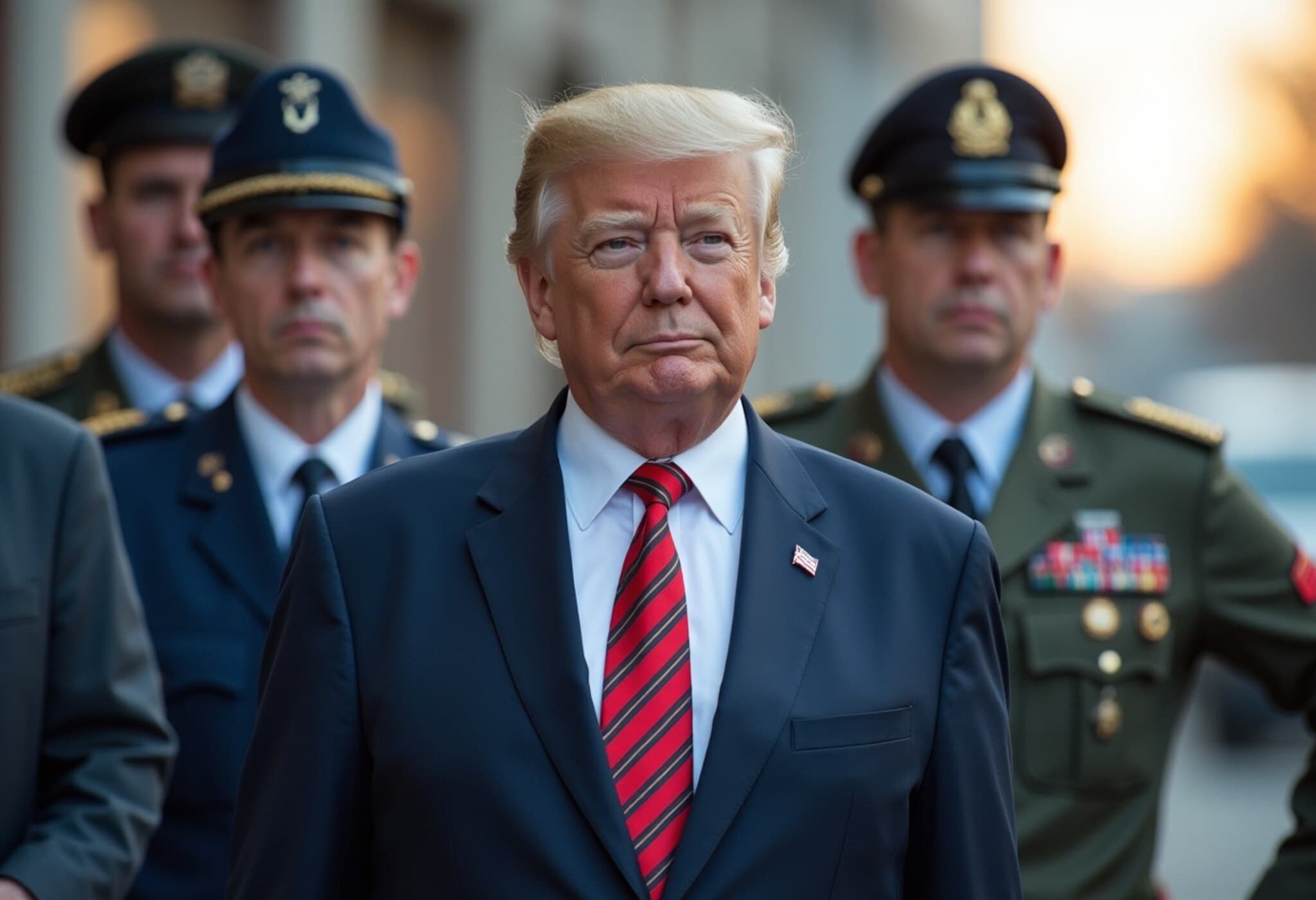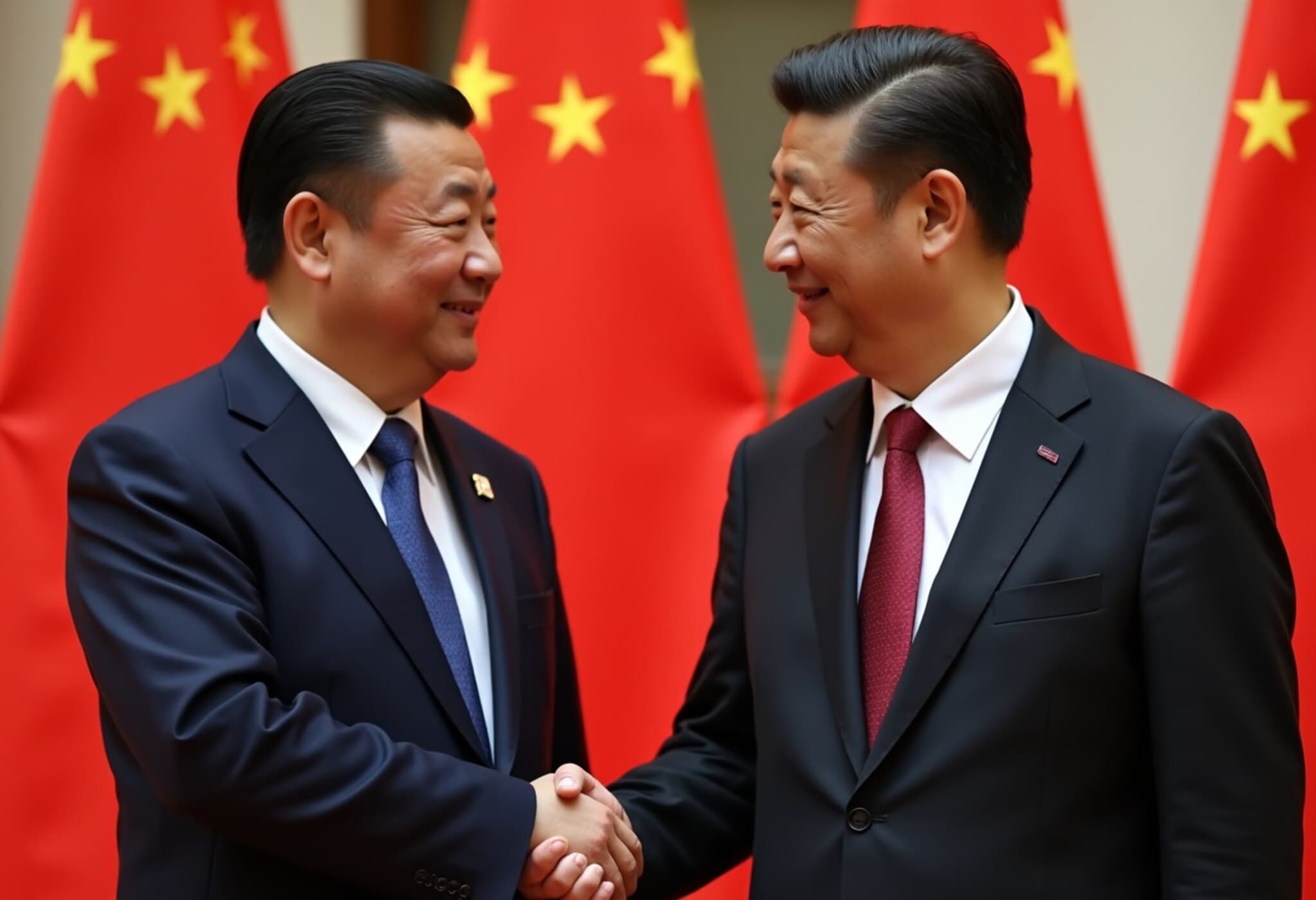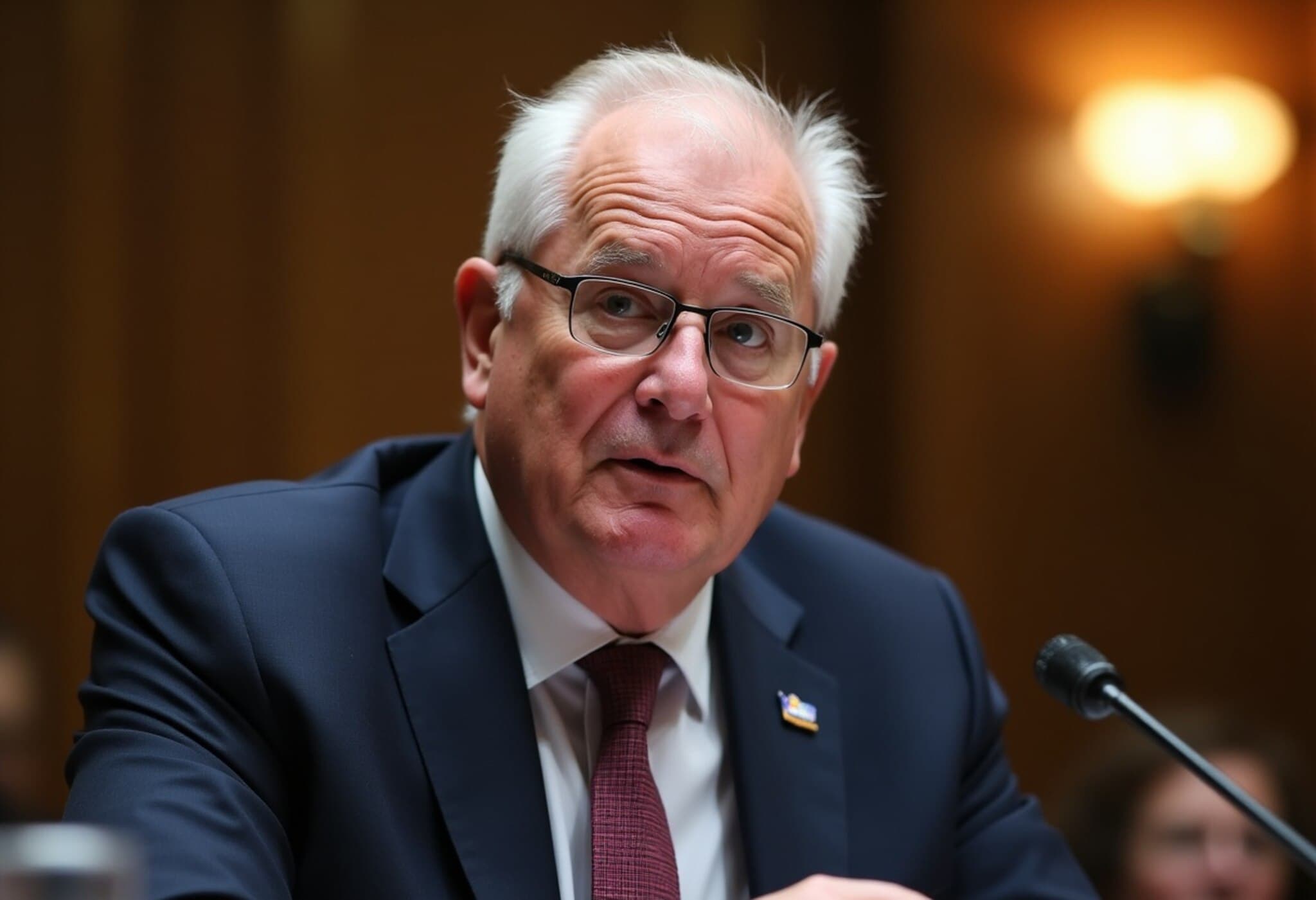Scott Morrison’s Urgent Call to US Congress on AUKUS Alliance
In a candid and urgent appeal, former Australian Prime Minister Scott Morrison has cautioned the United States Congress against withdrawing support for the AUKUS security pact—a trilateral alliance between Australia, the United Kingdom, and the United States. His remarks, delivered amidst growing geopolitical tensions in the Indo-Pacific region, underscore the strategic importance of unity and resolve in confronting the expanding reach of China.
Contextualizing AUKUS in Today’s Global Security Landscape
Established in 2021, AUKUS represents a groundbreaking partnership, primarily focused on bolstering defense capabilities and technological cooperation, including the controversial plan for Australia to acquire nuclear-powered submarines. Morrison’s warning resonates deeply as the Indo-Pacific emerges as a focal point of competing superpower ambitions, with China’s assertiveness in the South China Sea and beyond challenging established norms.
Why Morrison Believes AUKUS is Non-Negotiable
- Geopolitical Stability: Morrison emphasizes that dismantling or weakening AUKUS could embolden China, potentially destabilizing the region and threatening allied interests.
- Technological Edge: The pact facilitates advanced joint military technology development, crucial for maintaining a strategic advantage.
- Shared Values and Democracies in Unity: As Morrison often notes, alliances like AUKUS symbolise not just security commitments but shared democratic ideals against authoritarian encroachment.
The US Congress: A Pivotal Player
The US Congress holds significant sway over defense spending and foreign policy decisions. Morrison’s direct address is a strategic move, reminding American lawmakers that backing AUKUS signals strength and steadiness to allies and adversaries alike. This intervention arrives at a time when some voices in Congress are questioning the financial and diplomatic costs of expanding US commitments abroad.
Expert Commentary: Bridging Australian and American Security Interests
Dr. Elena Ramirez, a renowned analyst on US-Indo-Pacific relations, remarks, "Morrison’s message is a clear acknowledgment that the security architecture in the Pacific cannot be fragmented without inviting greater risks. For the US, sustaining AUKUS not only supports Australia but also fortifies a network essential for regional peace and American influence. Congressional support is not merely symbolic—it is a strategic imperative."
Underreported Angles and Broader Implications
Beyond the headline-grabbing nuclear submarine deal and high-level diplomacy, Morrison’s plea highlights several underexplored challenges:
- Economic Interdependence: How AUKUS influences trade and supply chain security amidst US-China economic rivalry.
- Environmental and Indigenous Concerns: The domestic impact in Australia related to nuclear technologies and the voices of indigenous communities.
- Alliance Adaptability: The pact’s need to evolve in response to fast-changing threats, including cyber warfare and space security.
Looking Ahead: The Future of AUKUS and Regional Security
As the Indo-Pacific continues to be a stage for superpower competition, Morrison’s warning serves as a sobering reminder that alliances like AUKUS are not just military agreements but dynamic partnerships reflecting shared security visions. The US Congress’s action or inaction will reverberate far beyond parliamentary chambers—influencing diplomatic ties, defense postures, and regional confidence for decades to come.
Editor’s Note
Scott Morrison’s call to the US Congress transcends conventional diplomacy; it challenges policymakers and the public alike to consider the broader stakes of alliance politics in an era marked by uncertainty and rapid geopolitical shifts. Readers are encouraged to think critically about the balance of national interests and collective security in the Indo-Pacific. How will the US reconcile domestic priorities with the demands of global leadership? And how will Australia position itself amid these evolving strategic currents?



















